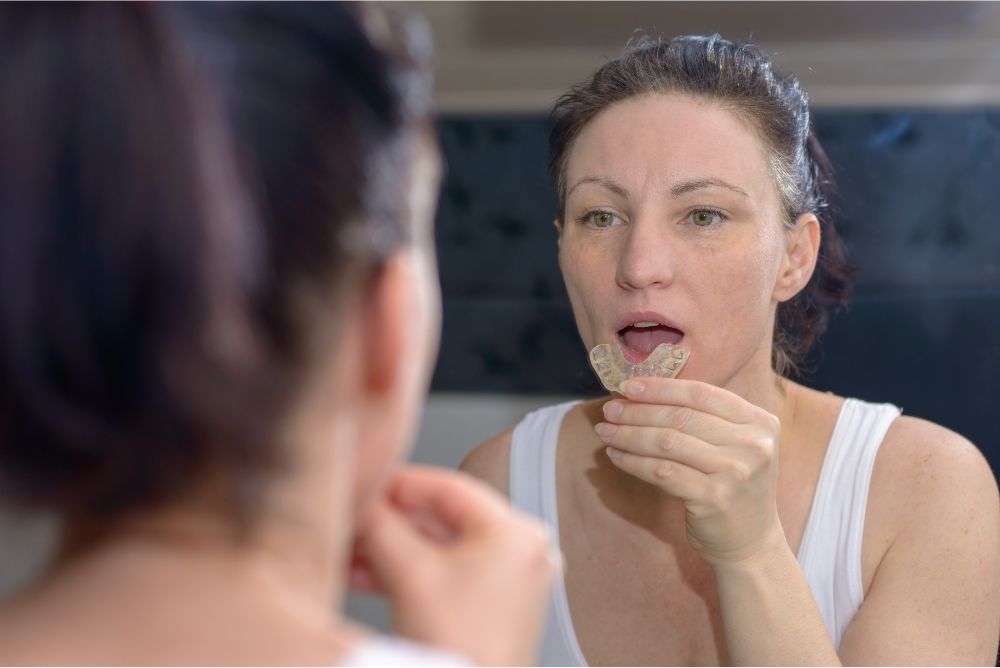
Bad breath, or halitosis, is often blamed on poor oral hygiene—and while brushing and flossing are critical, they’re not always the only factors. At Manhattan Dental Care Studio, we understand that persistent bad breath can be frustrating and sometimes a sign of something more than surface-level concerns.
Underlying Dental Issues
Bad breath can stem from untreated dental problems like cavities, gum disease, or infected teeth. Bacteria that build up in these areas produce unpleasant odors that brushing alone can’t eliminate. Regular dental checkups help catch these issues early and prevent chronic halitosis.
Dry Mouth
Saliva helps keep your mouth clean by washing away food particles and neutralizing bacteria. If your mouth is frequently dry—due to medications, dehydration, or breathing through your mouth—it can create an environment where odor-causing bacteria thrive. Drinking water and using mouth-moisturizing products can help reduce this issue.
Diet and Digestion
What you eat affects your breath. Foods like garlic, onions, and spicy dishes can cause temporary bad breath. In other cases, digestive problems such as acid reflux or gastrointestinal conditions can lead to unpleasant mouth odors. If your dentist rules out oral causes, a medical evaluation may be helpful.
Tobacco Use
Smoking or chewing tobacco not only leaves a lingering odor but also contributes to gum disease and dry mouth, compounding the problem. Quitting tobacco can significantly improve your breath and overall health.
Sinus and Respiratory Infections
Conditions such as sinus infections, post-nasal drip, or throat infections can cause bad breath. These issues often create a buildup of mucus and bacteria in the back of the throat, leading to persistent odor until the infection resolves.
When to See Your Dentist in Manhattan Beach
If you’ve been diligent with your brushing, flossing, and rinsing routine but still struggle with bad breath, it’s time to schedule a dental visit. At Manhattan Dental Care Studio, we’ll help identify the root cause and offer solutions that go beyond surface-level care. Do not ignore any signs of issues—it is important to find professional treatment right away so you can breathe easier and smile with confidence.










